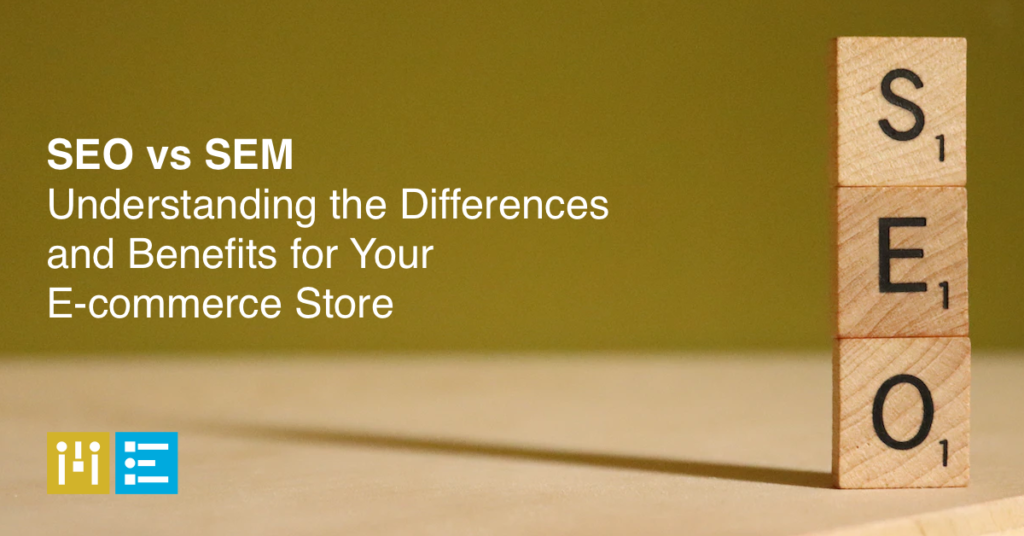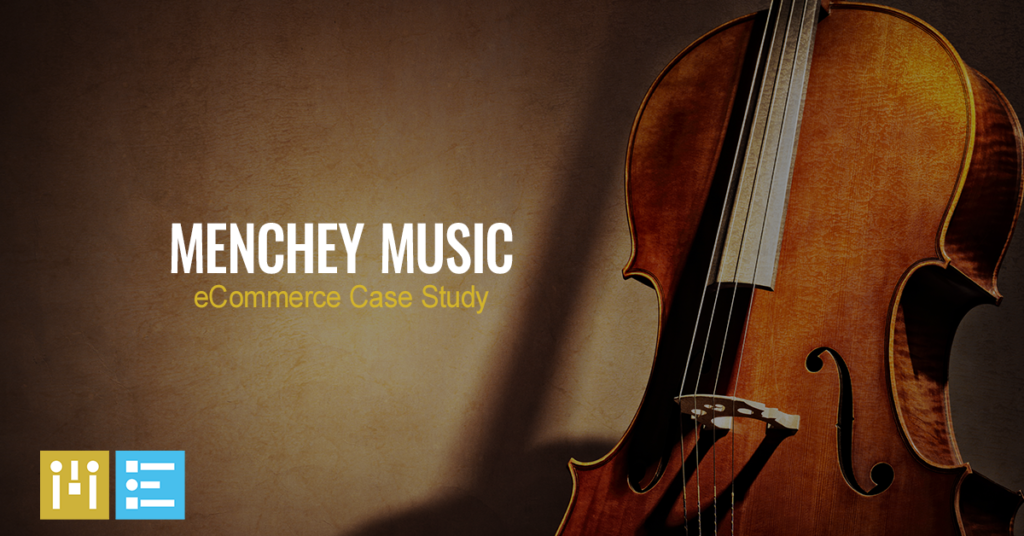
SEO vs SEM: Understanding the Differences and Benefits for Your E-commerce Store
I recently had a conversation with one of our customers that built their own website. While they knew enough about WooCommerce, they did not know anything about search engine optimization. So naturally that wasn’t considered while configuring their e-commerce store.
Since this was obvious, it provided a ripe opportunity for us to address some items that would increase their ranking factor. While this is a common occurrence for us at Mode, I can’t help but wonder about other e-commerce sites in this same position as our customers. They simply don’t know what they need to know to use search engine optimization and paid ads to their advantage.
As you are probably aware, scaling an e-commerce store can be tough. In today’s competitive digital landscape, it requires strategic marketing efforts to really make a difference. An essential SEM growth strategy you really should consider is Search Engine Optimization (Future Growth) and in addition, PPC Ads (Immediate Traffic).
Of course, if you’ve spent a while growing your e-commerce store, you’re familiar with SEO. But you may or may not know how search engine optimization works within Search Engine Marketing (SEM). While search engine optimization aims to increase your online store’s organic visibility, SEM employs other components (in addition to SEO), such as paid ads to increase the chances of attracting new customers.
In this article, we’ll explore the benefits of SEO, its relation to SEM, and how leveraging both can benefit your e-commerce store.
Search Engine Optimization (SEO)
Let’s start with the basic definition of search engine optimization.
SEO is the process of optimizing your e-commerce website to rank higher in search engine results pages (SERPs) organically. Higher rankings increase your store’s visibility and drive more traffic to your website.
The key elements of SEO (Search Engine Optimization) include:
- Keyword research: Identifying relevant and target keywords that your customers use when searching for products similar to what you offer.
- On-page optimization: Optimizing your website’s content, meta tags, page, and URL structure to improve its relevance and visibility for targeted keywords.
- Off-page optimization: Building high-quality backlinks to your website from reputable sources, signals search engines that your site is trustworthy and valuable.
- Technical SEO: Ensuring your website loads quickly, is mobile-friendly, has a solid site architecture for better crawlability, and can be properly indexed by search engines.
Benefits of SEO:
- Long-term results: Once your website starts ranking higher, the benefits can last for an extended period, providing you with a consistent source of organic traffic.
- Cost-effectiveness: A proper SEO investment today increases dividends later, making it a cost-effective marketing strategy over time.
- Increased credibility: High organic rankings signal that your website is a trusted source of information, which can lead to higher click-through rates and conversions.

SHOWCASE – Find out how this music store increased organic traffic on their store by 85% and 10x in revenue. Click here to see their story.
Search Engine Marketing (SEM)
While search engine optimization is a necessary part of a healthy e-commerce store structure, this is a long-term play that takes some time to see results. You can also employ other aspects of search engine marketing in conjunction with SEO for an immediate impact.
Let’s start with the basic definition.
Search Engine Marketing (SEM) encompasses various aspects of digital marketing strategies that are used to promote and increase the visibility of a website through search engines.
Aspects of Search Engine Marketing include:
- Search Engine Optimization (SEO): Optimizing a website to improve its ranking and visibility in organic search engine results pages.
- Pay-Per-Click (PPC) Advertising: Advertising on search engines, using paid ads that appear at or near the top of search engine results pages. This can include display, video, and retargeting ads presented to customers on external websites.
- Analytics and Reporting: Measuring the performance of SEM campaigns through analytics tools and reporting on the results to improve and optimize future campaigns.
Combining SEM Strategies for Maximum Results
While it might be tempting to favor SEO or PPC because of time/budget/ability constraints, you should leverage multiple aspects of SEM for your store. By combining these SEM strategies, e-commerce businesses can increase their online visibility, attract targeted traffic to their website, target different stages of the customer journey and ultimately drive more leads and sales. Your business can benefit from long-term organic visibility and immediate paid traffic.
For instance, SEO can help you build brand awareness and authority, while PPC can promote new or specific products, have a time-sensitive campaign, or even attract customers to your seasonal specials.
In conclusion
Understanding SEO and how it is related to SEM is crucial for developing an effective marketing strategy for your e-commerce store. While SEO focuses on long-term organic growth and credibility, incorporating other SEM channels can offer instant visibility and precise targeting. By using both of these together in a tailored marketing strategy, you can create a powerful synergy that drives more traffic, increases visibility, and ultimately, helps grow your e-commerce business.
And as always, if your store needs assistance with any aspect of SEO or using SEM for growth make sure to schedule a call with us!
